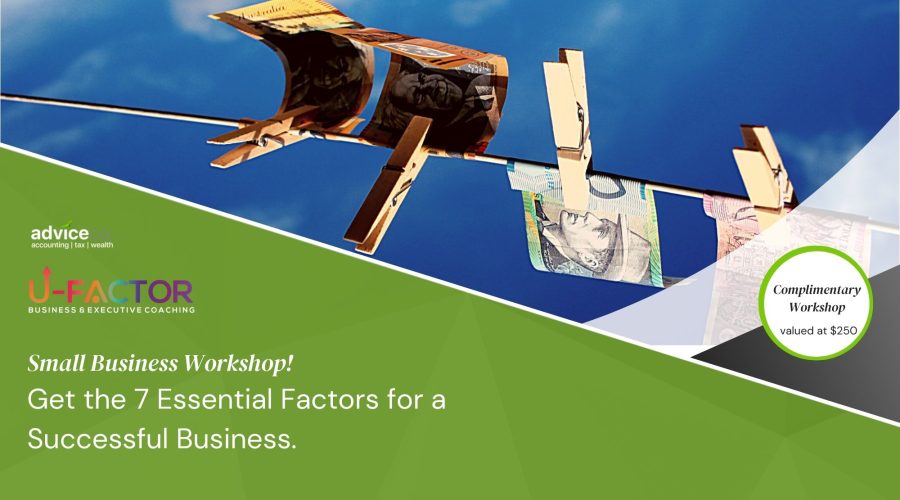Simple steps… No regrets Posted on October 9, 2018

TRAP: Save by spending only small amounts
Symptoms: You don’t waste funds on big expenses. Instead you reward your thriftiness with smaller treats like take-away coffees and dinners out.
Solution: A great deal of money is lost through erosion, rather than through major single expenses. A $4 coffee each working day adds up to around $1,000 annually. Add this to the small costs of music and TV streaming, bottled water, drinks with your friends, weekly restaurant meals, a rarely-used gym membership and so on, and there is a problem. To find out where your money goes, record your expenditure for a month. It is simple to identify areas for saving once a budget clearly illustrates your spending habits.
TRAP: Going with the crowd
Symptoms: You do what those in your social or work circle do, in terms of saving and investing, rather than figuring out a route to wealth that is distinctively yours.
Solution: Human beings are innately tribal. Not only do we surround ourselves with people similar to us, we also look to them for indicators of what we should do to improve our lives. But how similar are our retirement dreams? And is a certain investment worth more just because everybody else is buying? Every wealth plan should be completely individualised for the greatest chance of achieving one’s own goal.
TRAP: Selective investment blindness
Symptoms: You hear about an investment – shares in a particular business, or a house in an area you’d like to live in, for example – and it takes your fancy. You do some research but intentionally seek positives and ignore negatives.
Solution: Rather than seeing negatives as threats to your ownership of the investment, instead read them as negotiation points. So if the house in your dream location has problems with its roof, you should now be able to purchase it for less. Also, use the negatives to compare the investment to its competition. If there are concerns with the business in which you’d like to invest, look around and find out whether these issues are common in competitor businesses, Your search will either put your mind at ease or help you find a different option for investment.
TRAP: Raiding the re-draw
Symptoms: You constantly make use of your mortgage’s re-draw facility.
Solution: The re-draw facility of a mortgage is an excellent place to store money as it should help to reduce interest. But once money is in your mortgage it is good practice to consider it untouchable. So pay off as much as you can above the minimum, then keep other savings in a linked account that also reduces the mortgage interest. Once money is in the mortgage, leave it there.
TRAP: Developing an attachment
Symptoms: You feel an emotional attachment to an investment.
Solution: Often once we have purchased an item we develop an emotional attachment, for example when someone gives their car a name. This attachment, in an investment sense, can be dangerous. Professional investors avoid emotional ties and see investments for what they are – a means to an end. Recognising emotional attachments is an important first step towards developing a more objective and analytical investment outlook.
TRAP: Running out of money each month
Symptoms: You live from pay cheque to pay cheque, often running out of money in the final week.
Solution: ASIC’s MoneySmart website says 16% of Australians save money easily, 41% save a little and 43% don’t save at all. Successful savers, they say, prioritise their saving because they have a clear plan, know how much money they need to save and regularly review their progress. Whatever your motivator, having savings is vital as a buffer for the hard times, or for the handling of unexpected expenses. So it’s best to make a plan, and make that plan a priority.





